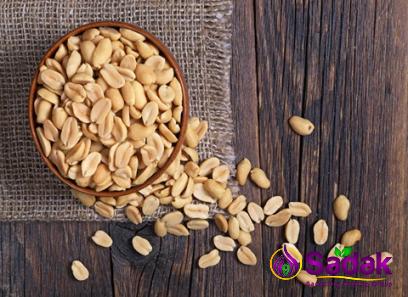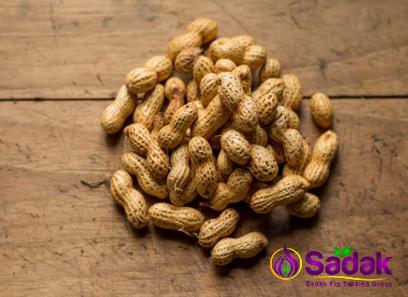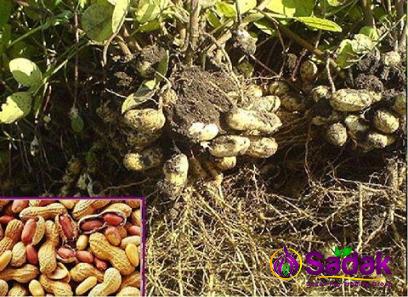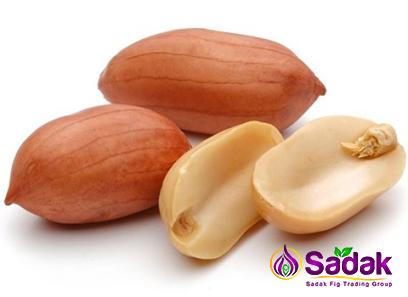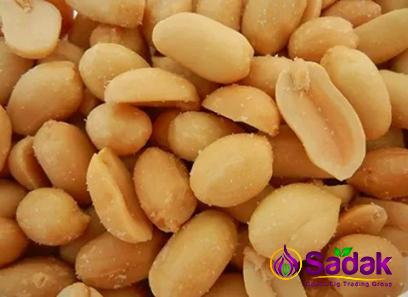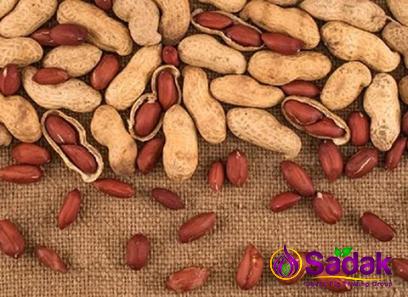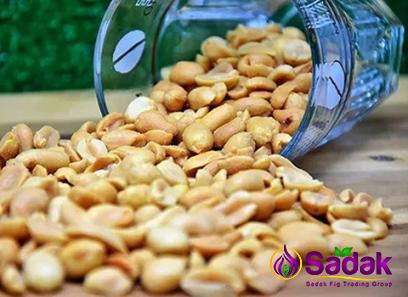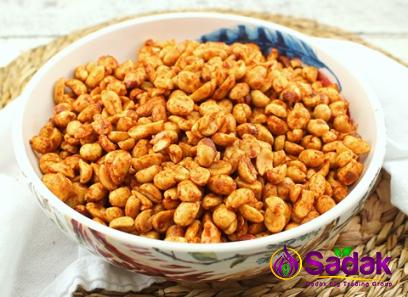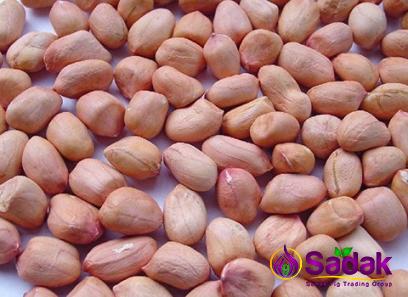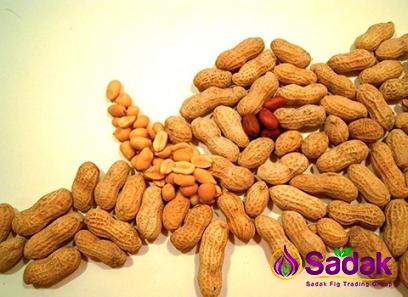Maharashtra, a state located in the western part of India, is a significant contributor to the country’s cashew industry. With a favorable climate for cashew cultivation and a rich agricultural landscape, Maharashtra has emerged as an important hub for cashew production and processing. This article provides an overview of the cashew market in Maharashtra, focusing on production trends, market dynamics, processing facilities, export potential, and challenges faced by industry stakeholders.
1. Cashew Cultivation and Production:
Maharashtra offers favorable climatic conditions for cashew cultivation, primarily in its coastal districts like Ratnagiri, Sindhudurg, and Raigad. The state has a considerable land area dedicated to cashew farming, and local farmers have developed expertise in cashew plantations to maximize yields. The production of cashew in Maharashtra has been steadily increasing over the years, owing to both expansion of cultivation areas and adoption of modern farming techniques.
2. Market Dynamics:
The cashew market in Maharashtra is influenced by both domestic and international factors. Domestically, the rising popularity of cashew as a healthy snack option has fueled the demand among consumers. Additionally, the increasing disposable income and changing dietary preferences have contributed to the growth of the cashew market in the state. Internationally, Maharashtra benefits from its export-oriented approach, with a significant share of its cashew production being exported to various countries, including the United States, United Arab Emirates, and European nations.
3. Processing Facilities:
Maharashtra has a strong processing infrastructure for cashews, with several processing units operating across different regions of the state. These facilities play a crucial role in value addition and quality control by processing raw cashews into kernels of distinct grades. Sophisticated machinery and techniques are employed to ensure efficient processing while maintaining the nutritional properties of the cashew kernels. Many processing units follow stringent quality standards, catering to both domestic and international markets.
4. Export Potential:
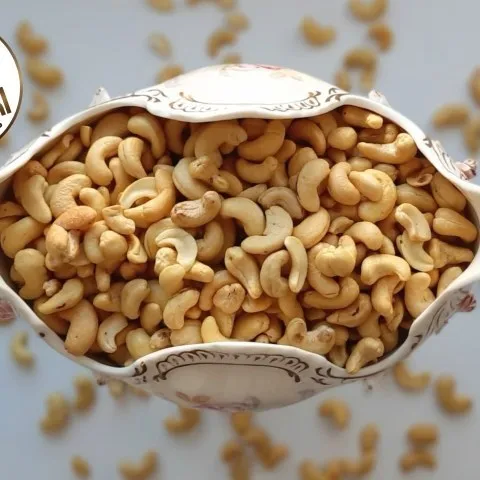
Maharashtra is one of the leading states in India when it comes to cashew exports. The state’s cashew industry has a significant role in earning foreign exchange for the country. The demand for Indian cashews, including those from Maharashtra, is primarily driven by their quality, taste, and widespread acceptance in international markets. Maharashtra’s geographical advantage of being close to major ports facilitates streamlined export operations and quick access to global markets.
5. Challenges and Opportunities:
Despite the growth potential, the cashew industry in Maharashtra faces a range of challenges. Factors such as fluctuating raw material prices, pests and diseases affecting cashew plantations, and lack of access to credit at affordable rates pose challenges to the industry. The sector also competes with other cashew-producing regions and countries, requiring continuous efforts to maintain the quality and competitiveness of Maharashtra’s cashews. However, there are several opportunities for growth, including increased adoption of advanced farming techniques, research and development in pest control, and government support to promote cashew cultivation and exports.
6. Government Initiatives and Support:
Recognizing the importance of the cashew industry in Maharashtra, the state government has undertaken various initiatives to support cashew farmers and processors. Some of these include providing subsidies for farm inputs, promoting organic farming practices, facilitating access to credit, and organizing training programs to enhance farmers’ skills. Additionally, the government has also established cashew processing clusters to encourage aggregation of resources, skill sharing, and shared infrastructure facilities among small and medium-sized enterprises.
Conclusion:
The cashew market in Maharashtra showcases promising growth potential, driven by increasing demand both domestically and internationally. With favorable climatic conditions, a robust processing infrastructure, and government support, Maharashtra is well-positioned to strengthen its position as a key player in the cashew industry. However, the industry must address various challenges and seize opportunities to sustain growth and remain competitive in the global market. Through continued investments in research, development, and expansion, Maharashtra’s cashew sector can thrive and contribute significantly to the economic growth of the state and the country.I. Production Trends in Maharashtra
Cashew cultivation in Maharashtra has witnessed significant growth over the past decade. The state’s favorable climate and suitable soil conditions make it an ideal location for cashew plantations. In recent years, there has been a notable expansion of cashew cultivation areas across coastal districts like Ratnagiri, Sindhudurg, and Raigad. This expansion has been accompanied by the adoption of modern farming techniques, including the use of high-yielding cashew varieties and efficient irrigation systems.
The state government has also played a crucial role in promoting cashew cultivation by providing assistance to farmers in the form of subsidies for inputs such as seeds, fertilizers, and irrigation equipment. These measures have increased the productivity of cashew plantations, leading to a rise in overall cashew production in Maharashtra.

II. Market Dynamics and Demand
The cashew market in Maharashtra is driven by both domestic consumption and international demand. Domestically, cashews have become a popular snack option due to their nutritional value and health benefits. The growing awareness of healthy eating habits and the shift towards nutritious snacks have contributed to the increased demand for cashews among consumers in Maharashtra.
Internationally, Maharashtra is a key player in the global cashew trade. The state’s cashew industry benefits from its reputation for producing high-quality cashew kernels. Maharashtra’s cashews are known for their distinct flavor and texture, making them highly sought after in international markets. The United States, United Arab Emirates, and European nations are among the major importers of cashews from Maharashtra.
III. Processing Facilities and Value Addition
Maharashtra has a well-established network of cashew processing facilities that add value to the raw cashew nuts produced in the state. These processing units are equipped with modern machinery and tools to ensure efficient and hygienic processing of cashew nuts. The raw cashew nuts are first dried, then roasted to remove the outer shell, and finally graded based on size and quality.
The processing units in Maharashtra follow stringent quality control measures to ensure that the cashew kernels meet international standards. These facilities are equipped to sort, clean, and separate cashew kernels based on their size, color, and moisture content. The processed cashew kernels are then packaged and labeled for distribution.
IV. Export Potential and International Trade
Maharashtra’s cashew industry has a strong focus on export markets. The state is a major contributor to India’s cashew exports, accounting for a significant share of the country’s total cashew exports. The demand for Indian cashews, including those from Maharashtra, stems from the reputation for quality and taste that Indian cashews have built over the years.
The proximity of Maharashtra to major ports facilitates efficient export operations. Exporters can quickly transport processed cashew kernels to these ports, ensuring timely delivery to international customers. The state’s cashew exporters have established long-term relationships with buyers in various countries, enabling consistent trade and access to global markets.
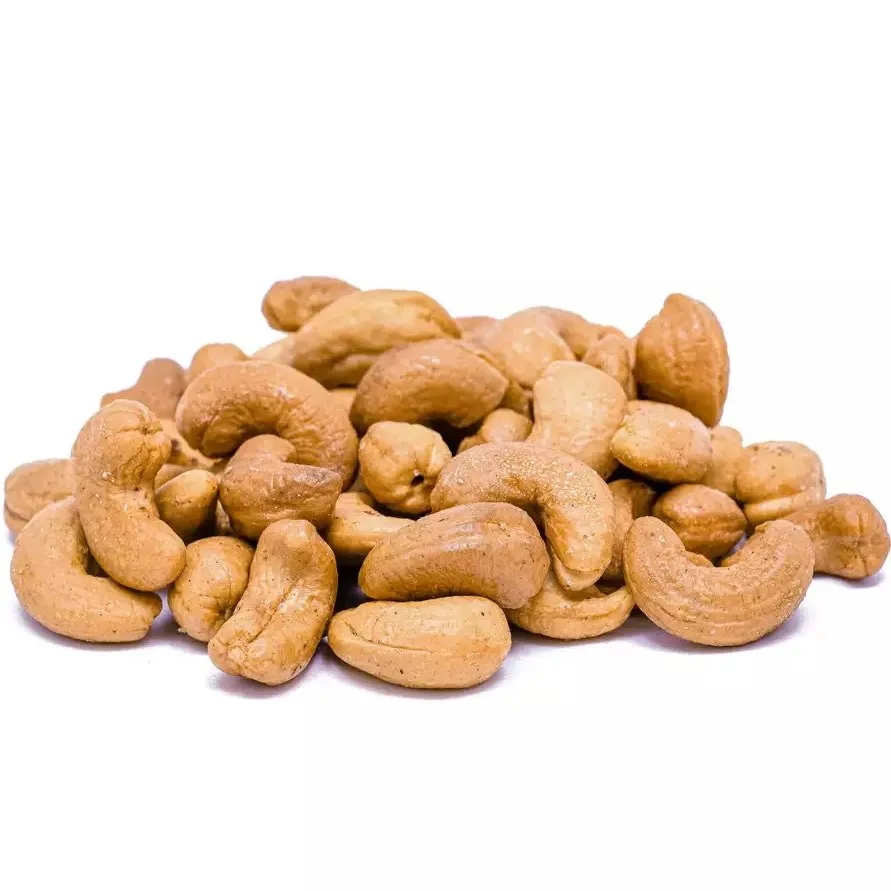
V. Challenges Faced by Industry Stakeholders
Despite the positive growth trajectory, the cashew industry in Maharashtra faces several challenges. Fluctuating raw material prices can impact the profitability of cashew processors, as they heavily rely on the availability and affordability of raw cashews. Pests and diseases, such as the cashew stem and root borer, can also pose a threat to cashew plantations, leading to reduced yields and increased production costs.
Access to credit at affordable rates is another significant challenge faced by cashew farmers and processors. Lack of adequate financial support restricts the ability of industry stakeholders to invest in modern machinery, adopt new technologies, and expand operations. Additionally, competition from cashew-producing regions and countries such as Goa, Tamil Nadu, and Vietnam requires Maharashtra’s cashew industry to continuously innovate and maintain its quality standards.
VI. Opportunities for Growth and Development
Despite the challenges, there are several opportunities for the cashew industry in Maharashtra to grow and thrive. Adoption of advanced farming techniques, such as organic farming practices and precision agriculture, can enhance productivity and reduce production costs. Investment in research and development to develop pest-resistant cashew varieties and efficient crop management practices can help mitigate the impact of pests and diseases.
Government support plays a crucial role in unlocking the growth potential of the cashew industry. The state government of Maharashtra has already initiated various measures to support cashew farmers and processors. Continued financial assistance in the form of subsidies, access to credit, and training programs can further boost the industry’s development. Streamlining export procedures and exploring new markets can also open up avenues for increased export earnings.
VII. Government Initiatives and Support
To support the cashew industry in Maharashtra, the state government has implemented various initiatives. Subsidies for farm inputs, including cashew saplings, fertilizers, and irrigation equipment, are provided to farmers, making cashew cultivation more accessible and economically viable. The government also conducts training programs to enhance farmers’ knowledge and skills in cashew cultivation practices.
Recognizing the importance of quality control in cashew processing, the government encourages the establishment of testing and certification laboratories. These facilities ensure that cashew kernels meet the necessary quality standards for domestic consumption and export purposes. Additionally, the government has established cashew processing clusters, where small and medium-sized enterprises can benefit from shared infrastructure, resources, and technological advancements.
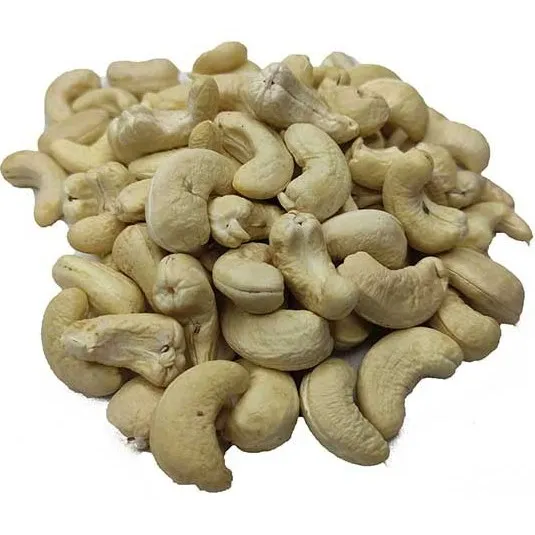
VIII. Future Outlook and Economic Impact
The cashew market in Maharashtra is poised for further growth, driven by increasing domestic consumption and expanding export opportunities. With a strong focus on quality and value addition, Maharashtra’s cashew industry can maintain its competitive edge in the global market. The sector’s growth potential also translates into positive economic outcomes, including increased employment opportunities, improvement in farmers’ income, and enhanced foreign exchange earnings.
In conclusion, the cashew market in Maharashtra continues to thrive due to favorable cultivation conditions, robust processing facilities, and a significant presence in international markets. Despite challenges, the industry has ample opportunities for growth, especially through the adoption of advanced farming techniques and government support. Maharashtra’s cashew industry is poised to contribute significantly to the agricultural and economic development of the state and the country as a whole.
